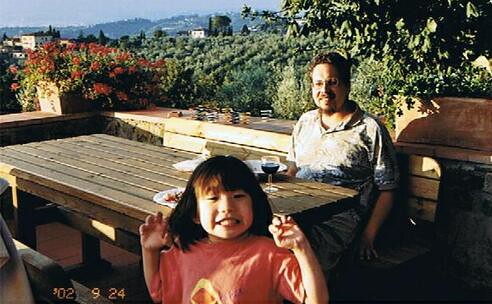|
|
🦋 Narration
From this point onward, apart from a few inevitable comments, the story of the old man with the black eyepatch will no longer be followed to the letter, being replaced by a reorganised version of his discourse, re-evaluated in the light of a correct and more appropriate vocabulary. The reason for this previously unforeseen change is the rather formal controlled language, used by the narrator, which almost disqualifies him as a complementary reporter, however important he may be, because without him we would have no way of knowing what happened in the outside world, as a complementary reporter, as we were saying, of these extraordinary events, when as we know the description of any facts can only gain with the rigour and suitability of the terms used.
--José Saramago, Blindness
I'm struggling with this passage a little. It seems to me like it must be pretty important to the story, coming as it does near the center of the book and immediately after the scene in which the old man with the eyepatch, "the one person who was missing here", joins the inmates of the opthalmologist's ward. Some significant shift in the narration is occurring here -- this is the first time the narrator has referred to himself and to the job he is doing in this way. But it seems very strange for him to say "from this point onward", when throughout the story so far all dialog has been paraphrased to the point of dismissal -- nothing has been "followed to the letter".
posted evening of Sunday, December 30th, 2007
➳ More posts about Blindness
➳ More posts about José Saramago
➳ More posts about Readings
| |
|
Drop me a line! or, sign my Guestbook.
•
Check out Ellen's writing at Patch.com.
| |

